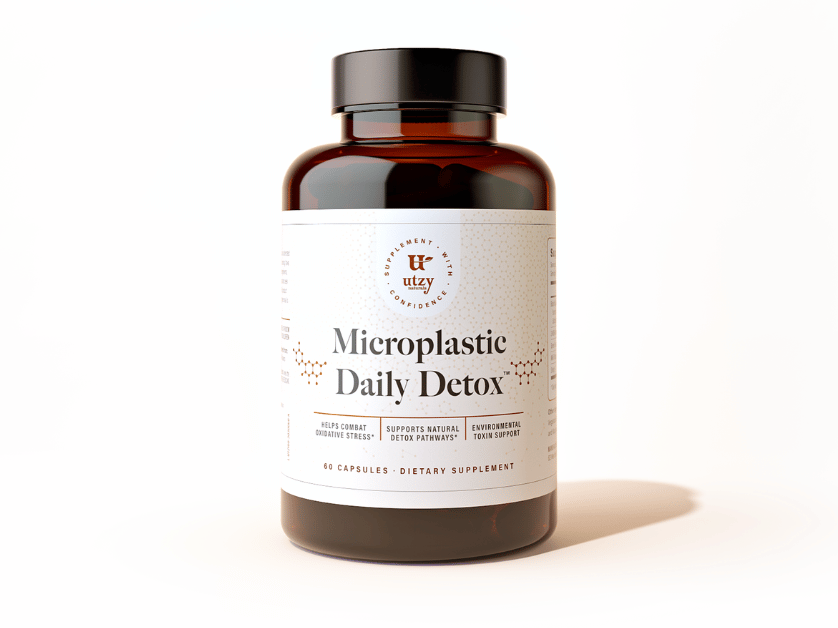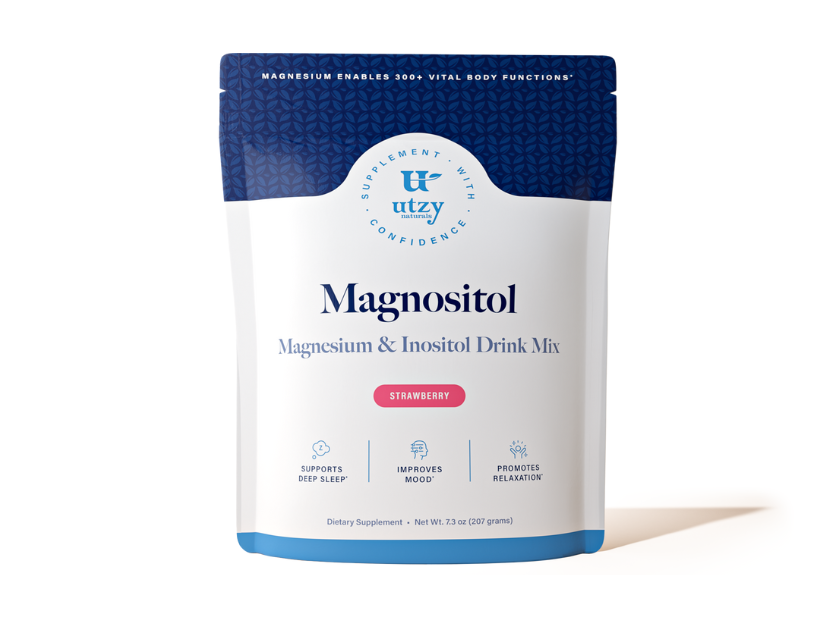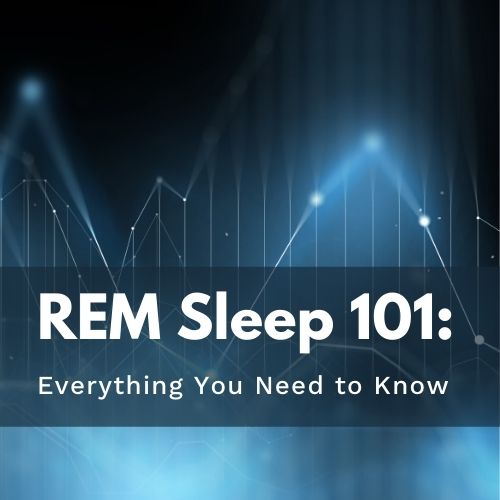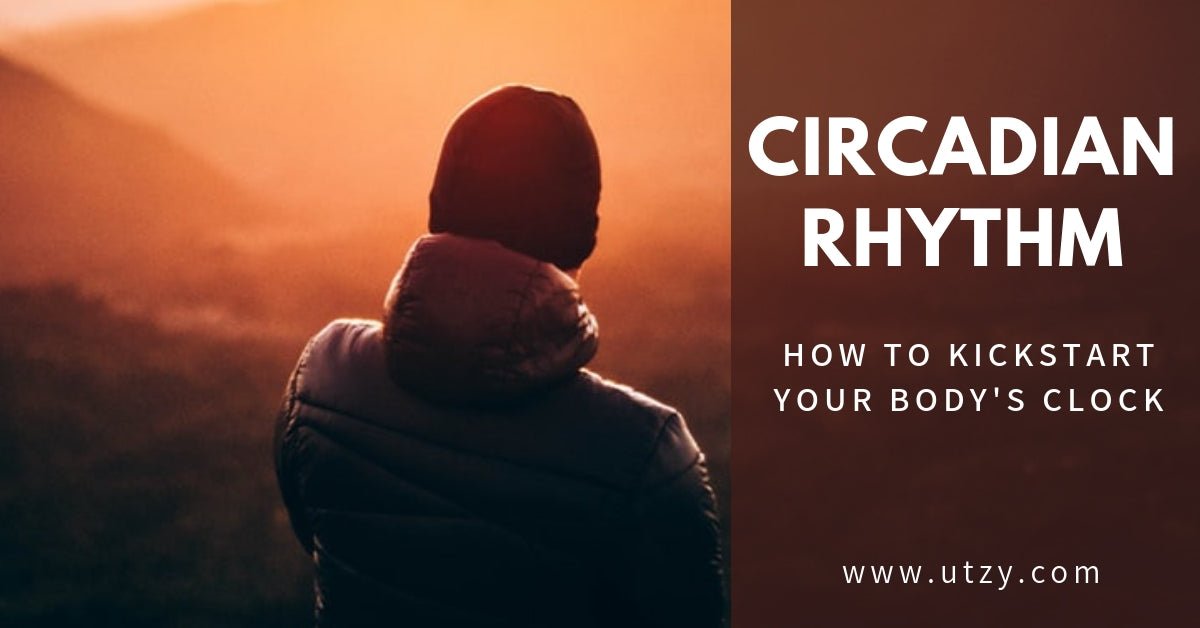shop
learn
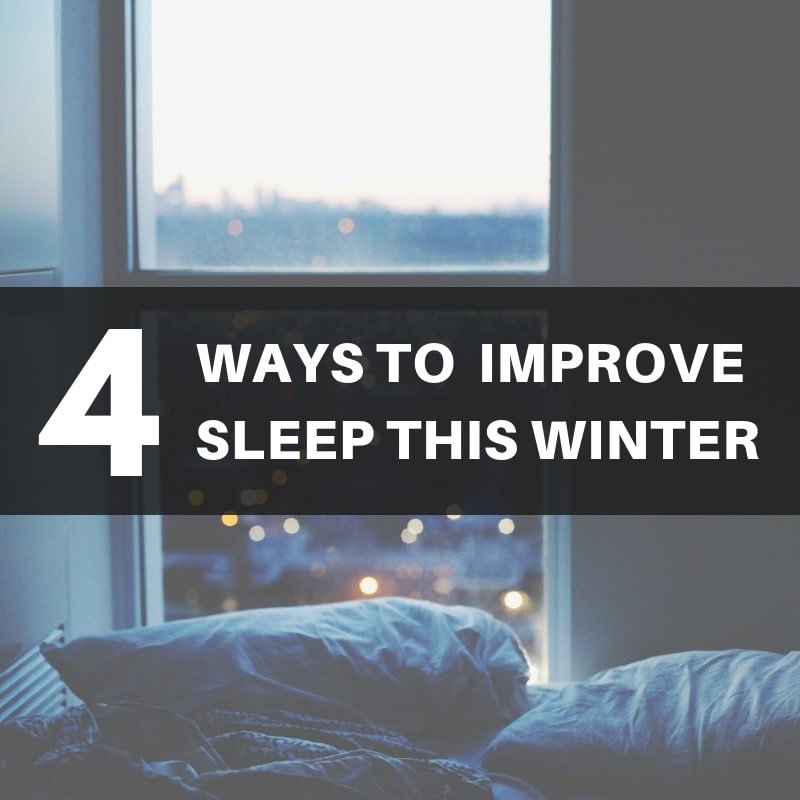
4 Tips For Avoiding The Winter Blues
February 04, 2019 3 min read
Sometimes I think I became a sleep researcher in order to find solutions to my own problems.
One of my recurring problems had been mentally struggling through the long nights of winter.
I would find myself sleeping more while being tired more often and not as mentally sharp during the winter days as I was during the summer.
Why is this?
Melatonin: The Hormone of Darkness
Some animals hibernate across the winter. Most mammals, however, have to rewire their physiology in accordance with shorter days and longer nights.
Humans aren't unique in this regard.
Like rodents, our hormones have to adjust. The hormone that is most vulnerable to the shorter days and longer nights, requiring rewiring of our sleep/wake rhythms, is melatonin.
Melatonin helps us fall and stay asleep. Unfortunately, with shorter days, melatonin release is often secreted earlier and its expression is prolonged compared to the longer days of summer.
While producing melatonin has the benefit of promoting deep, restorative sleep, melatonin can also compromise our alertness earlier in the evening.
Here are a few proven strategies for reducing daytime sleepiness and boosting your mood during the shorter days of winter.

1. Light Matters
Light is the most powerful stimulus of alertness.
During the winter, it is even more important to take advantage of natural light.
In order to create a strong rhythm of daytime alertness, try timing your rise time with the sun’s. Or, spend at least 30 minutes in the morning sunshine without sunglasses.
If you can't do either, consider investing in a blue light box. Blue light is the most powerful color spectrum capable of synchronizing sleep/wake rhythms and shifting alertness to more optimal times (such as after travel across time zones).
Working in the presence of blue light (at eye level) for 20 minutes in the morning is enough to let your hormones and body clock know that it is time to wake up and seize the day.
2. Take Healthy Stimulants
I say healthy because most energy drinks are not healthy. They contain unnatural, laboratory-grade additives that can send mixed messages to the brain.
Opt instead for a naturally sourced green tea, coffee, or yerba mate.
Caffeine provided from these plant-based sources can have alertness-enhancing benefits for up to 4 hours (on average). Make sure to stop caffeine consumption 6-8 hours before bed though.
3. Avoid Sugar At Night
Nighttime spikes in blood glucose caused by food before bed will disrupt your sleep and can interfere with timed hormone release.
It takes the body a while to hit the deeper stages of restorative sleep.
Don't let sugar ruin this timeline.
4. Try a Magnesium Supplement
Finally, consider taking a magnesium supplement before bedtime in order to fully capitalize on opportunities for deep, restorative sleep provided by the longer nights of winter.
Try Utzy's U-Mag, a refreshing magnesium drink perfect for adding to your bedtime routine!
And don't fret, the days are getting longer!

Leave a comment
Comments will be approved before showing up.
Also in Utzy's Sleep Blog
Subscribe
Sign up to get the latest on sales, new releases and more …
Join the Utzy Naturals Club!
Sign up and get the latest on sales, new releases, and more...

